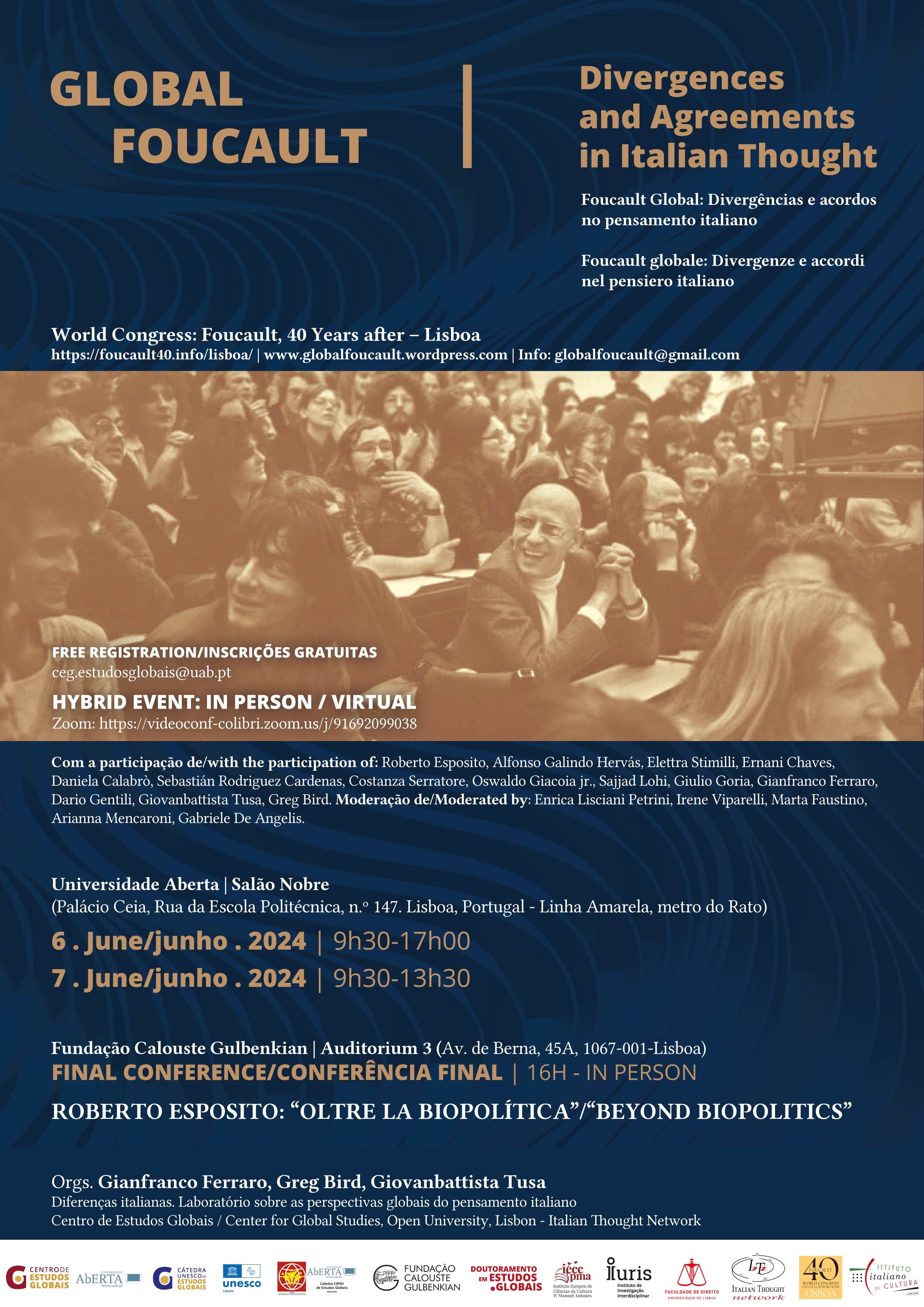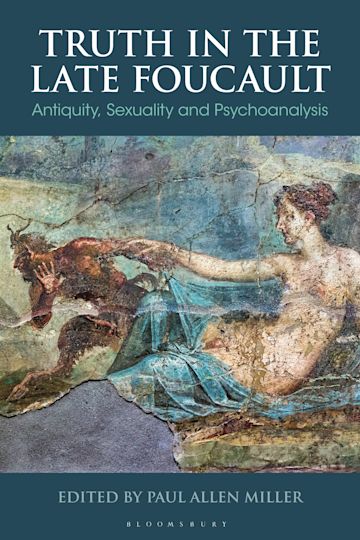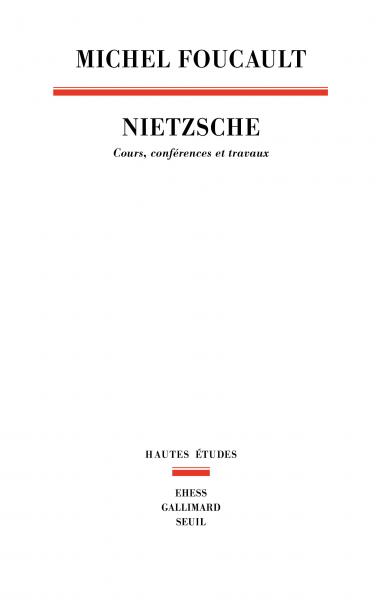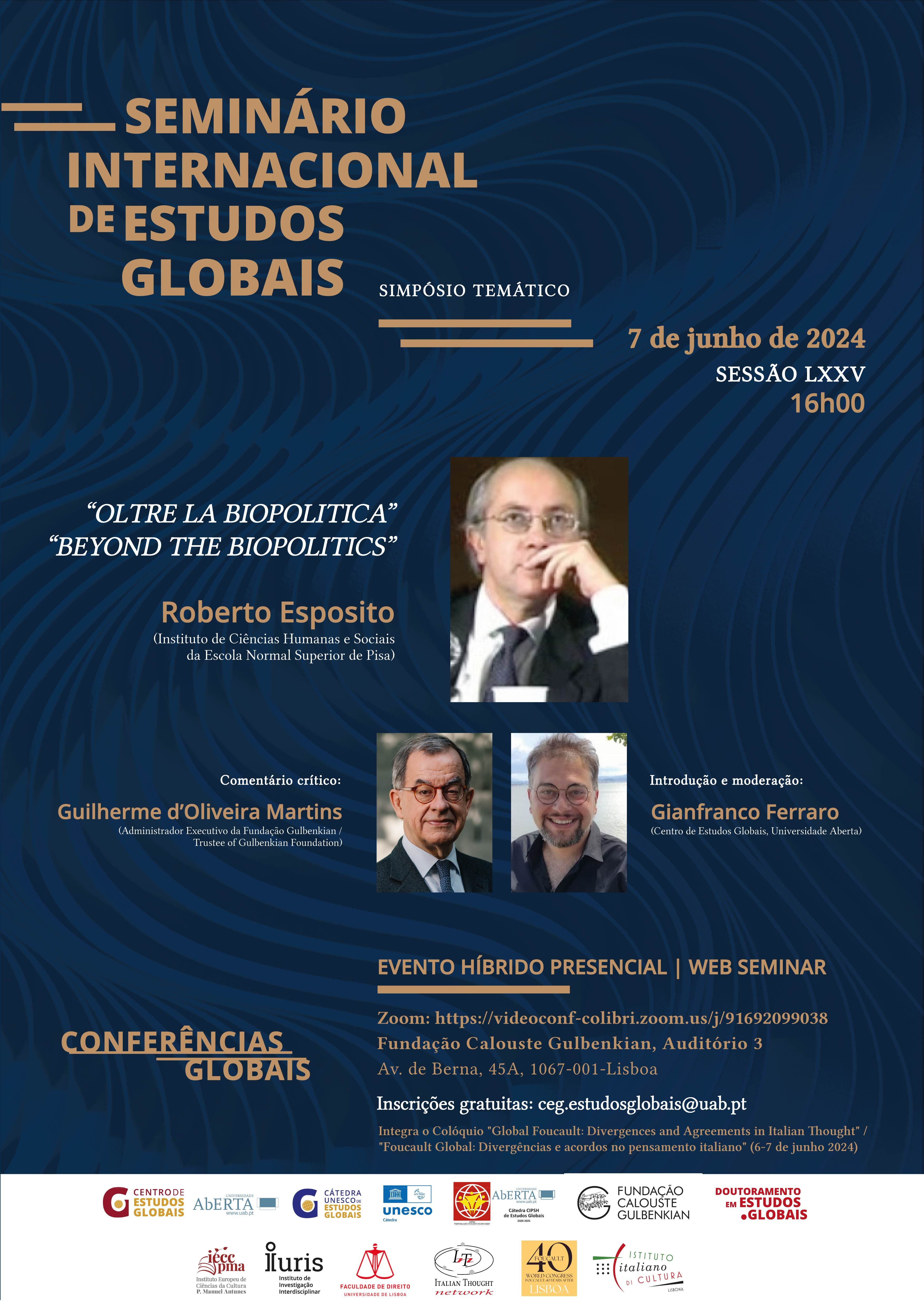
GLOBAL FOUCAULT Divergences and Agreements in Italian Thought
Lisbon, 6-7 June 2024 (in person & online)
Orgs.: Gianfranco FERRARO, Greg BIRD, Giovanbattista TUSA
Universidade Aberta, Centro de Estudos Globais – Fundação Calouste Gulbenkian
Zoom: https://videoconf-colibri.zoom.us/j/91692099038
More info: https://foucault40.info/lisboa | https://globalfoucault.wordpress.com/
Contact: globalfoucault@gmail.com
n the occasion of the 40th anniversary of Foucault’s death, the Differenças italianas Research Group of the Open University of Lisbon will host a symposium on the relationship between Foucault and Italian Thought. It is undisputed that Foucault had a decisive impact on Italian Thought, but the central role of Italian Thought in the worldwide reception of Foucault since his death has not been sufficiently acknowledged. Books by prominent Italian philosophers such as Homo Sacer, Technologies of Gender, Empire, and Bíos have highlighted certain currents in Foucault’s scholarship and shaped its interpretation worldwide. For example, where would biopolitical Thought, gender theory, or dispositif theory be today without Italian interlocutors?
Our event invites contemporary Italian thinkers to reflect on the role Italian Thought has played not only in the emergence of new Foucauldian scholarship, but also in shaping the global reception of his scholarship. Our participants will be selected from the Italian Thought Network. We ask our participants to go beyond the typical scholarly exegetical accounts of how a particular theorist has interpreted Foucault. Instead, we ask our participants to explore how Italian Theory has produced new global lines of Foucauldian scholarship. What is the impact of contemporary Italian philosophy on the global reception of Foucault?
PROGRAMME
6 de Junho 2024 / 6 June 2024
Salão Nobre da Universidade Aberta
9h30: Acolhimento institucional do Centro de Estudos Globais e da Universidade Aberta / Institutional welcome from the Center for Global Studies and the Open University: Gianfranco Ferraro
Saudações do Diretor do Instituto italiano de Cultura / Greetings from the Director of the Italian Cultural Institute: dr. Stefano Scaramuzzino
Saudações do co-coordenador do Laboratório “Diferenças italianas” do CEG / Greetings from the co-coordinator of the “Italian Differences” Laboratory of the CEG: Gabriele De Angelis
Abertura oficial do Colóquio da parte do comité organizativo / Official opening of the Colloquium by the organizing committee: Gianfranco Ferraro, Greg Bird e Giovanbattista Tusa
9h50 – 11h50: Biopolítica e pensamento italiano / Biopolitics and Italian Thought
Alfonso Galindo Hervás, Biopolitica. Istituzione. Variazioni foucaultiane di Roberto Esposito / Biopolitics. Institution. Foucaultian Variations by Roberto Esposito
Elettra Stimilli, Biopolitica e pensiero italiano / Biopolitics and Italian Thought
Ernani Chaves, Pasolini, pensador da biopolitica / Pasolini, thinker of Biopolitics
Chair: Marta Faustino
11h50: Coffee break
12h00 – 13h30: À volta do Foucault italiano / About the Italian Foucault
Daniela Calabrò, Le “vite infami” e le “attenzioni del potere”. Il rapporto tra politica e vita in Foucault ed Esposito / The “infamous lives” and the “attentions of power”. The relationship between politics and life in Foucault and Esposito
Sebastián Rodriguez Cardenas, El otro, el mismo: Foucault y Agamben entre dispositif y dispositivo / The other, the same: Foucault and Agamben between dispositif and dispositivo
Chair: Gabriele De Angelis
15h30 – 17h00: Polaridades foucaultianas / Foucauldian polarities
Costanza Serratore, Nietzsche in Foucault. La bipolarità della biopolitica nella ricezione italiana / Nietzsche in Foucault. The bipolarity of biopolitics in Italian reception
Oswaldo Giacoia jr., Exceptio e Bando: Alcance e Limites da Biopolítica / Exceptio and Bando: Scope and Limits of Biopolitics
Chair: Irene Viparelli
7 de Junho 2024 / 7 June 2024
Salão Nobre da Universidade Aberta
9h30 – 11h30: Arqueologias foucaultianas / Foucauldian Archaeologies
Sajjad Lohi, Foucault, l’Iran, l’Italia /Foucault, Iran, Italy
Giulio Goria, The Atlas of Knowledge: Archaeology from an Italian Debate at the End of the Sixties
Gianfranco Ferraro, Conversioni italiane: per un’archeologia del “pensiero vivente” / Italian conversions: Towards an archaeology of the “living Thought”
Chair: Enrica Lisciani Petrini
11h30: Coffee break
11h30 – 13h30: Pensamento dispositivo / Dispositive Thought
Dario Gentili, Governamentalità socialista: sviluppi e differenze nell’Italian Thought a partire da uno spunto di Foucault / Socialist governmentality: developments and differences in Italian Thought starting from Foucault’s remark
Giovanbattista Tusa, I mostri di Foucault. Riflessioni sul dispositif / Foucault’s monsters. Reflections on the dispositif
Greg Bird, What is a dispositif, according to Esposito?
Chair: Arianna Mencaroni
7 de Junho 2024 / 7th June 2024
Fundação Calouste Gulbenkian | Auditorium 3
Simpósio Temático com Roberto Esposito
16h: Roberto Esposito: “Oltre la biopolítica” / “Beyond he Biopolitics”
Introduz e modera / Introduction and moderation by: Gianfranco Ferraro (CEG – Universidade Aberta de Lisboa)
Comentário crítico / critical commentary by: Guilherme d’Oliveira Martins (Administrador Executivo da Fundação Gulbenkian / Executive Trustee of the Gulbenkian Foundation)







